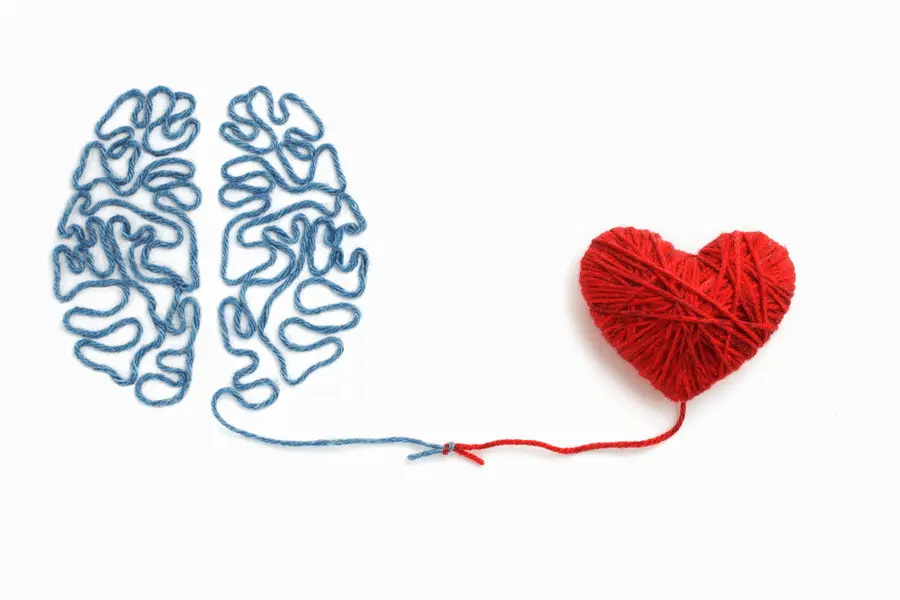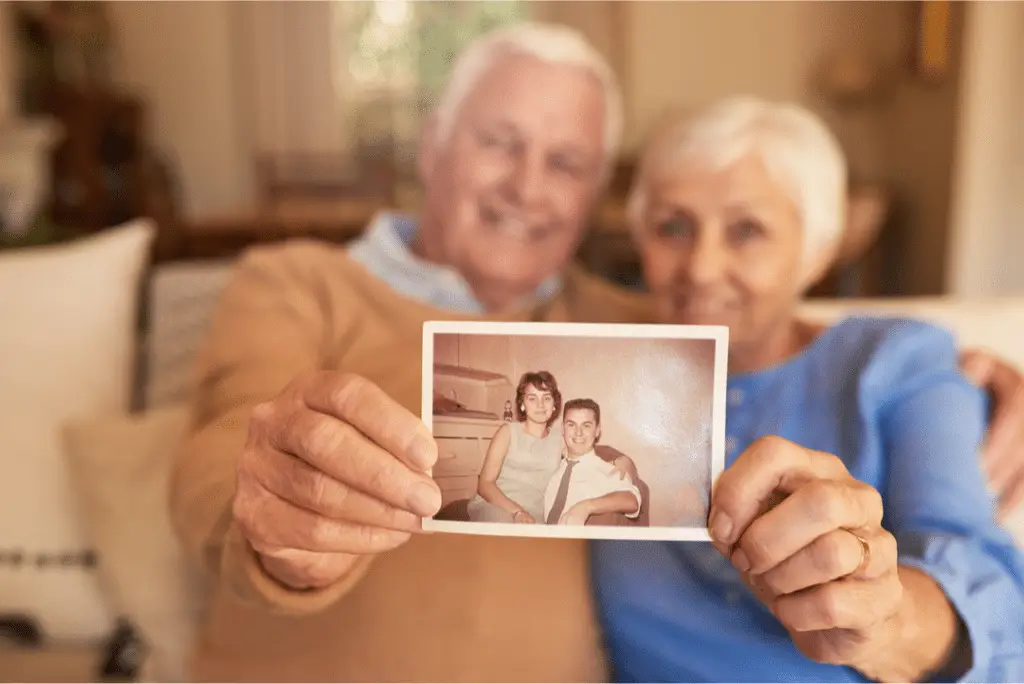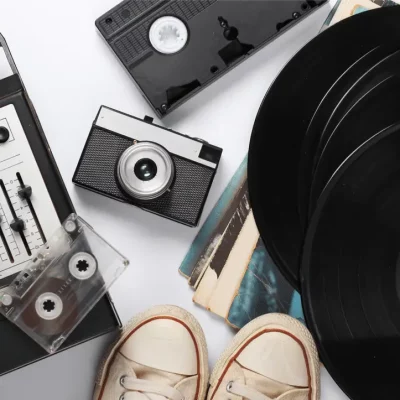What is nostalgia?
Nostalgia is a sentimental longing or wistful affection for the past, typically for a period or place with happy personal associations. It can come in the form of a jogged memory, an old teddy bear, or your favorite high school song. It makes you feel warm and most often leaves you with a smile.
Today we are going to talk about:
- The South Hampton Nostalgia Scale
- The mental benefits of nostalgia.
- Empathy and your emotional connection to others.
- Stress management made easy.
- Nostalgia to help with life transitions.
- Tips to use nostalgia to your benefit.
- How do you feel about nostalgia?
South Hampton Nostalgia Scale
There was a famous experiment called the South Hampton Nostalgia Scale and what it did was help to measure the impact that nostalgia has on our psychological well-being.
It describes nostalgia as the net effect to make life seem more meaningful and death less frightening. They found that when people speak positively of their past and think of their past in a more positive way, they often are more optimistic and more inspired about the future.
Mental health benefits of nostalgia
Memories can have a positive effect on your mental health if used appropriately. Keywords, “If you use it appropriately”. That is the most important thing, using it in the appropriate way. But, we will get to that. First, let’s talk about some benefits of nostalgia.
Empathy and your emotional connection to others

The first benefit is that it helps you feel more empathetic and more emotionally connected to others. Through empathy you feel a stronger sense of belonging. When people feel like they belong, they will become more of a generous person.
When I say generous it doesn’t necessarily mean just with money or financially, but generous with your time and other ways.
Stress management made easy
The second benefit is that people who experience sweet memories can actually reduce their stress. In 2012, there was a study done by The Journal of Memory. What researchers found is that experiencing nostalgia helps people relate their past experiences to their present lives and that helps them to derive greater meaning from their life.
If you feel loved and you are living a life with meaning that fulfills you, you are most likely living in such a way that reduces your stress levels.
Nostalgia for life transitions
Third benefit is that it really helps with life transitions. I’m sure in the previous year a lot of you watching or reading this have experienced substantial life transitions with your job, your school, or your relationships with your family.
There have been so many huge changes. When you are in a position of transition in your life, and this can be any type of transition, if you will look back on the previous situation you were in or you’re looking back at what you are transitioning out of and appreciate what you went through, that will help you cope with concerns about your future.
So when you are in a stage of transition, it’s helpful to look back at your life and do your best to appreciate the experiences you have gone through…. good and bad.
Tips to use nostalgia to your benefit
You can productively use nostalgia as a tool to help to increase you’re psychological state and mental health overall.

- Always do your best to build nostalgic memories when you do have the opportunity.
- If you start to notice that you are on a down slide or if you’re not feeling very good, look into your memory or think about your memory bank. Think about some positive memories of what happened to you in the past and that can actually instantly improve your mood. That is very important.
- Do not compare your present life with past memories and use it as a source of comparison. This runs the risk of ruining its positive effects overall. Instead of doing a comparison, consider the past in a way where you can kind of think about it an existential way. And by existential, I mean look at what the meaning from the past was. Keep that in mind. Do not compare where you are now to where you were and assume that you’re in a bad position now and you were in a much better position before. When you do look at your life, do look at the past in a way where you’re deriving meaning from it.
Turning the tables to become happy
A great example of using nostalgia to your benefit is after a breakup. You can think of a more happy time before you met to ease the pain or reflect on the good and bad times you had in a moment of growth. If you happen to hear “your song”, it can be a great time to remember why that song made you so happy, appreciate the opportunity to feel that amazing, and catalog this feeling in your mind as opposed to the helplessness that comes with heartbreak.
How do you feel about nostalgia?
We would love to hear from you. Do you use nostalgia? Do you find nostalgia to be helpful to your mental health? Do you fear nostalgia?
Feel free to message us or to leave us a comment down below. Thanks so much for tuning in and I look forward to seeing you next time.








